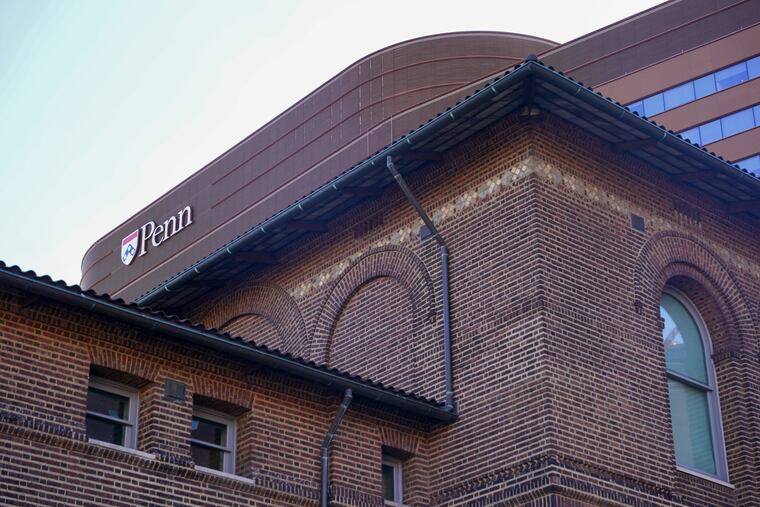One Penn resident weighs in on union vote | Opinion
For some residents like myself, this process was filled with conflicting thoughts and emotions.

On May 5, University of Pennsylvania’s medical residents voted to unionize. Leading up to the vote residents were faced with two options: accept the status quo, or take a chance on something uncharted.
For some residents like myself, this process was filled with conflicting thoughts and emotions.
Why unionize?
When I think about the pros of unionizing, here are some of the things I consider:
Residency is hard and the hours are long. We are indoctrinated to prioritize job completion, note-writing, and billable actions, while working up to 80 hours per week.
Our productivity is evaluated based on volume-laden metrics. I have had many 12-hour shifts where I spent barely 30 minutes actually engaging with patients. This is not why we got into medicine. The issue is not specific to Penn, but residents have little ability to change this national problem. Fragmented into individual programs, we have no collective voice to influence the inherently problematic frameworks of our workplace.
We are underpaid, despite being a valuable resource for the hospital. A Pennsylvania Hospital intern working their max hours made around $16.15 an hour in 2021. Combine that with the average resident’s student debt of $200,000, and many find themselves struggling to keep their heads above water.
Some hospital leaders argue that this relatively low wage offsets the equivalent cost of training. But without residents, hospitals would need more nurse practitioners and physician assistants, whose pay is much higher. Employing residents, instead, results in a net fiscal positive for hospitals.
Why not unionize?
However, there are several reasons I worry about unionizing.
Residency is meant to be hard. I actually kind of like that it’s hard. That makes it all the more rewarding.
Pennsylvania Hospital is an incredible place to work, with supportive colleagues, flexible schedules, and an administration that is generally receptive to making positive change. My training is top-class. Additionally, if we’re talking money, Penn Medicine’s wages are already well above the national average. Life could be worse, why mess with a great thing?
The uncertainty is possibly the biggest reason to pause. I don’t trust the Committee for Interns and Residents, who would represent us. The CIR will be getting paid dues from my salary while we try to shoehorn a large number of contrasting demands into one contract that covers an eclectic rainbow of different specialties, regardless of whether we make any real progress or not.
I’m unclear what this process will look like, who will speak on my behalf, or who will sit on these committees, and that frightens me.
So why did I vote yes?
The manner in which Penn has treated us, the residents, has been wholeheartedly disappointing. They invested lots of resources into town hall sessions that felt more like an attempt to save face than a true desire to hear from residents, and weekly emails with one-sided information that attempted to dissuade us from engaging with unionization. Meanwhile, they continue to post multimillion dollar profits.
It feels like a slap in the face. Despite how grateful I am for my workplace, Penn has demonstrated how far apart our ideals lie as physicians from the main operational ethos of the institution.
Am I happy about forming a union? Not really. But I am willing to take a chance on a movement that can provide us a voice we never had to change the way health care is delivered in this country.
To me this is not about Penn, it’s about what this union represents. It represents a declaration that residents have been taken advantage of for far too long.
Juan Lopez Tiboni is an internal medicine resident at Pennsylvania Hospital.